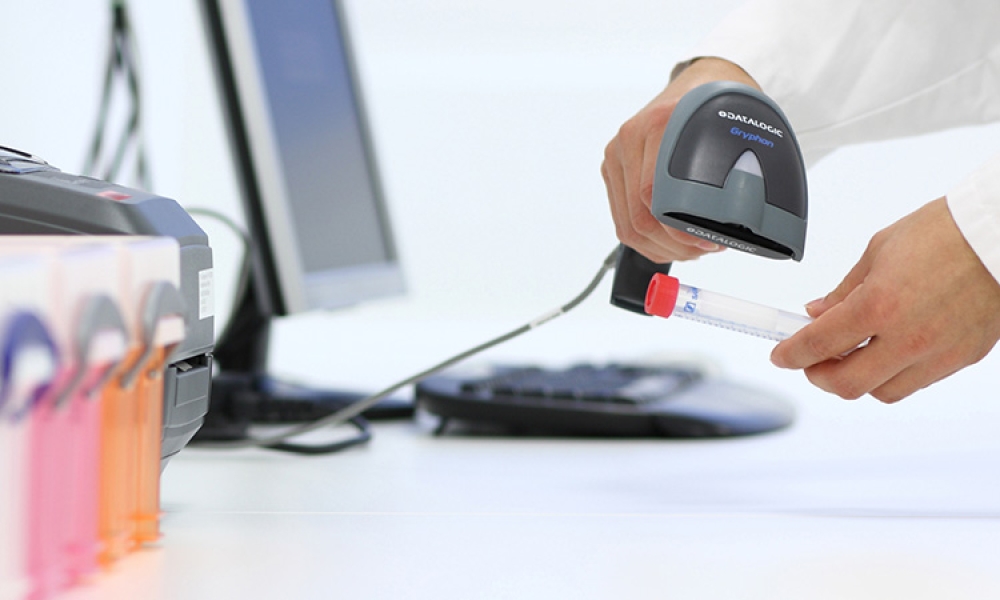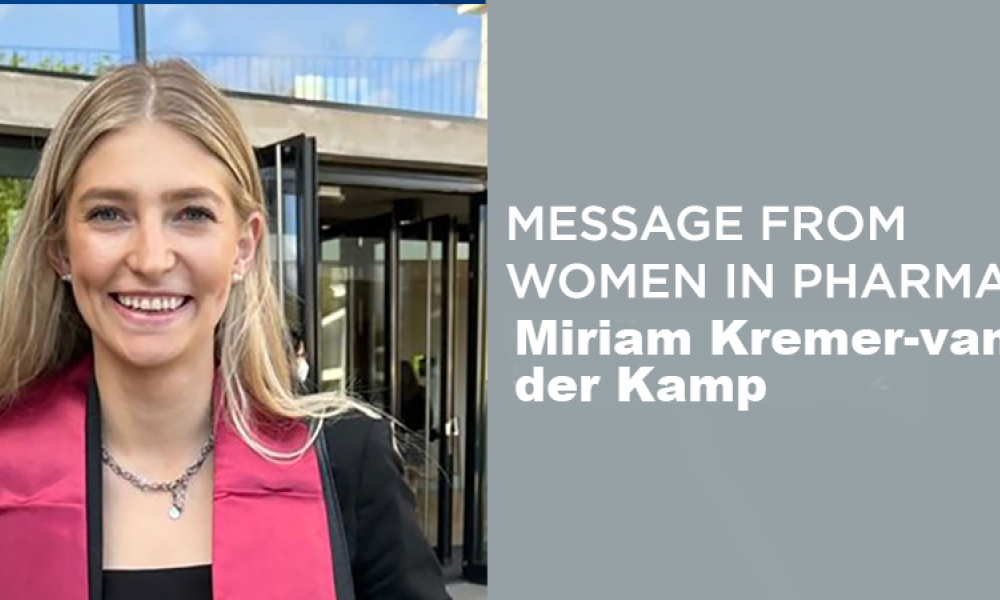The pharma industry has made significant progress toward stories that don’t end like Linda’s and my mom’s, but so many still do. I felt, and in many ways still do, that I/we failed them, but there is now so much more hope and optimism, not only for treating cancer but also other rare, previously untreatable illnesses. Undoubtedly, we have all been touched by stories like mine and can utilize it as our “why” to fuel us when the path seems long and filled detours. I am excited about potential “quantum leaps” that potentially will occur soon. I hope that the newfound ways of working (an actual positive from the pandemic) will continue to facilitate solutions at a previously unprecedented pace, including accelerated commercial availability.
Continuous Manufacturing: A Path Forward
One path toward accelerated commercialization is continuous manufacturing. While continuous manufacturing is most commonly utilized for dry products, there are also commercialized small molecule API manufacturing processes and commercialized continuous large molecule manufacturing steps. Continuous manufacturing can also accelerate manufacturing process development as the impact of varying many parameters can been studied in a single run. The equipment footprint is relatively small and often the commercial version is identical to the development equipment: alleviating scaleup and technology transfer concerns. These innovative approaches have challenged scientists to design new control strategies. In the case of dry products, this results in even greater quality assurance for individual dosage units, as well as the potential for real-time release.
ISPE has held numerous well-attended continuous manufacturing workshops over the years, with the last one held virtually in June 2020. Each one has highlighted advances in innovation and control strategy design. The ISPE Continuous Manufacturing Team, led by Co-chairs Gabriella Dahlgren, Senior Manager, Strategy Deployment and Excellence, PQM, Janssen Supply Group, and Wyatt J. Roth, Director, Small Molecule Development, Eli Lilly and Company, continues to be one of ISPE’s most impactful Product Quality Lifecycle Implementation (PQLI®) groups. The team addresses both technical and regulatory related challenges. PQLI is led by Christine M.V. Moore, Executive Director, Organon, and also features project teams working on process validation, knowledge management, and ICH Q12 implementation. I view these as knowledge spaces where ISPE is leading the way.
In addition to its roles in accelerated product development and enhanced quality assurance, continuous manufacturing may also have a role in assuring reliability of product supply. As evidenced by the COVID-19 pandemic, there are numerous vulnerabilities in our supply of essential medicines. While converting some older product processes to continuous manufacturing offers numerous advantages, there are numerous impediments such as development costs and enhanced regulatory expectations for conversion to new process. An in-depth look at advantages and disadvantages, other options, and potential areas of incentives are outlined in “DAF ACT Initiative to Support Domestic Manufacturing of Active Pharmaceutical Ingredients”, issued by ISPE in December 2020. The pandemic also unveiled another roadblock to reliable supply: process consumables such as protective equipment and filters, which also must be addressed.
Progress with treatment of Alzheimer’s disease, cancer, and rare diseases awaits and continuous manufacturing is certainly not the only progressive manufacturing option we will utilize. This is an exciting time to be part of the pharma industry. Due to the response to COVID-19, I have never been prouder of our ISPE members and the industry as a whole. We have probably all experienced stories like those of my sister and mother. As we carry our learnings forward— with a focus on new technologies, enhanced supply reliability, and improved collaboration—please be energized by your “why.”
Building the Workforce of the Future
Due to continued media coverage of efforts to combat COVID-19, there may never be a better time to attract emerging talent to our industry. I would like to challenge each of you to introduce just one student to the pharma industry, perhaps with an invitation to an ISPE Chapter or Affiliate event or a student membership.
If each of us does just a little, we can have a huge impact in addressing the anticipated talent shortage in our industry. We (ourselves and our families) will all be patients at one time or another. We can leave a lasting legacy by helping to develop our leaders of tomorrow. Thank you and stay safe.




